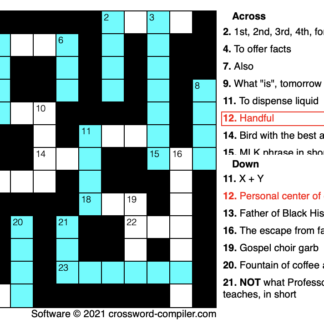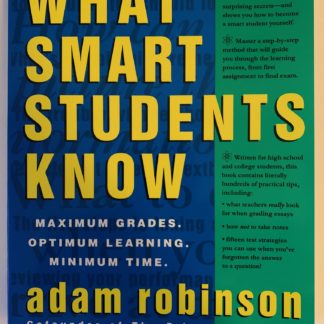
Increasingly parents seem to be giving their children phones to keep them occupied.
Meanwhile, civil rights organizations have recently declared that the nation is facing a national reading crisis
Their alarm is based on national assessment data that shows a divergence in reading achievement between Black and Hispanic students and their White and Asian counterparts. The divergence is also growing between high achievers and those assessed below basic reading levels. By taking advantage of those restless moments our children face, we can respond to the emergency.
One response is to cultivate an early love of reading, but it is not easy. Many of us know that once our children get exposed to the stimulation of rapidly moving avatars in digital games or television, books may seem boring or slow. Yet somehow, we have to spark their imagination in a manner that exceeds the excitement of the digital world.
When my own children were small, we started them off early by reading to them every evening, no matter how tired we were. I enjoyed those moments–watching how interested they were in the stories we followed. That time spent was an investment that paid off. Our sons were voracious readers and started off school very well prepared. Those days also signaled to them that we planned to stay fully engaged in their academic development. However, they came to discover for themselves that there were interesting stories inside the books we encountered.
What do some of the experts say about “the spark”?
Carla Hayden, the first African American to lead the Library of Congress, says that the “spark” that ignites a love of reading when children find a connection with the books they are perusing. But to do that, they need to find themselves reflected in them. During a PBS Newshour interview, Mrs. Hayden describes how a book she received at 10 that ignited her passion to read. Because the main character in the book, “Bright April,” was a young Black girl facing racism in society much in the same way and around the same age that she was she had to find out how her new “sister” handled it.
For 50 years, other books that reflect the experiences of young African Americans have been identified by the American Library Association’s Coretta Scott King book awards. That list contains more than 75 options for parents to consider. A search through that list might reveal new characters that seem familiar for a new generation.
Michelle Martin, a professor of children’s library services at the University of Washington agreed with Hayden’s notion (familiarity–>connection–>spark) in a 2019 Atlantic Magazine article. But she also added that parents should also have a home library.
Having a home library coordinates with the goal of putting children in an “immersive environment, surrounded by books they like”. What Professor Martin also suggests is that in addition to cultural experiences, parents can use everyday experiences as the connection between children and new books.
To take Professor Martin’s argument further, other hooks could include the personality or distinct interests of the child. Is your child a “nerd”? Does your child ask questions requiring scientific or philosophical answers? Do they already show interest in sports? Do certain characters make your child giggle at first sight? Children’s book librarians have a knack for identifying notable books based on distinct character types and interests.
We made “friends” with our local librarian. We would chat about how our sons were doing and which books they enjoyed. In the early days, we would come home with baskets of books, some came from suggestions, some were related to a series they had started, others were just “grabbed” because they were interesting.
In the meantime, if you find yourself still needing to pass them a phone, here are a few apps to consider that promote reading, even on mobile devices:
- Khan Academy Kids
- Homer Reading
- First Words Sampler
By third grade, students need to make the transition from learning how to read, to reading to learn. But if they make that transition because of a love of reading, they will stay motivated well beyond third grade and ascend to advanced reading levels.
By third grade these were among my sons’ favorite book series, others they began reading later:
– Warrior Cats
– Percy Jackson
– Calvin and Hobbs Comics
– Septimus Heap
– Diary of a Wimpy Kid
– Captain Underpants
– Animorphs
– I.Q.
– Nerds
– The Maze Runner
– Junie B. Jones
Note: Since publishing this post, the New York Times published an article, “Panicking About Your Kids’ Phones? New Research Says Don’t“. This article could have potentially served as an interesting reply to the assertions I offer. It suggests through cited research that heavy use of phones by children hasn’t been shown to increase their anxiety or stress. However, the article does not address the time phones take away from improving literacy through physical books.
Like most controversial topics such as phone use by children, or academic achievement, one report is not enough to address all of the latent issues. The greater truths emerge with further academic discovery and constructive conversation.
Second Note: In January of 2020, CNN Health published another relevant study. Conducted by the Reading & Literacy Discovery Center of Cincinnati’s Children’s Hospital, they published what CNN suggested were the first studies to provide “neurological evidence for the potential benefits of reading and the potential detriments of screen time on a preschool child’s brain development”

